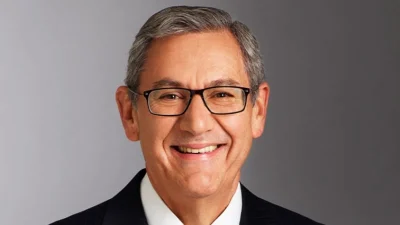Investors turn to home
Confronted by continuing market turmoil, investors are likely to take on a home country bias, according to Fidelity International’s global head of institutional investment, Michael Gordon.
Gordon said this week he believed a “more local world” would emerge from the current turmoil, one where investors favoured local, home country stocks over international investments as a result of emotion overriding reason.
“Home is where the heart is and we should expect investors to feel safer in their own backyards for a while,” he said. “They will feel most confident holding domestic stocks where their governments will protect both them and their institutions.”
Gordon said he also believed that those institutions and those who traded for them were likely to prefer local counterparties where they are available.
He said that he believed complexity would now give way to simplicity and that firms would now become more focused on what they could do well and what they could adequately control and monitor.
Gordon said that in the coming months, funds would flow to those with experience in the practices of traditional markets and investors would be wary of anything new.
Recommended for you
The two funds have announced the signing of a non-binding MOU to explore a potential merger.
The board must shift its focus from managing inflation to stimulating the economy with the trimmed mean inflation figure edging closer to the 2.5 per cent target, economists have said.
ASIC chair Joe Longo says superannuation trustees must do more to protect members from misconduct and high-risk schemes.
Super fund mergers are rising, but poor planning during successor fund transfers has left members and employers exposed to serious risks.











